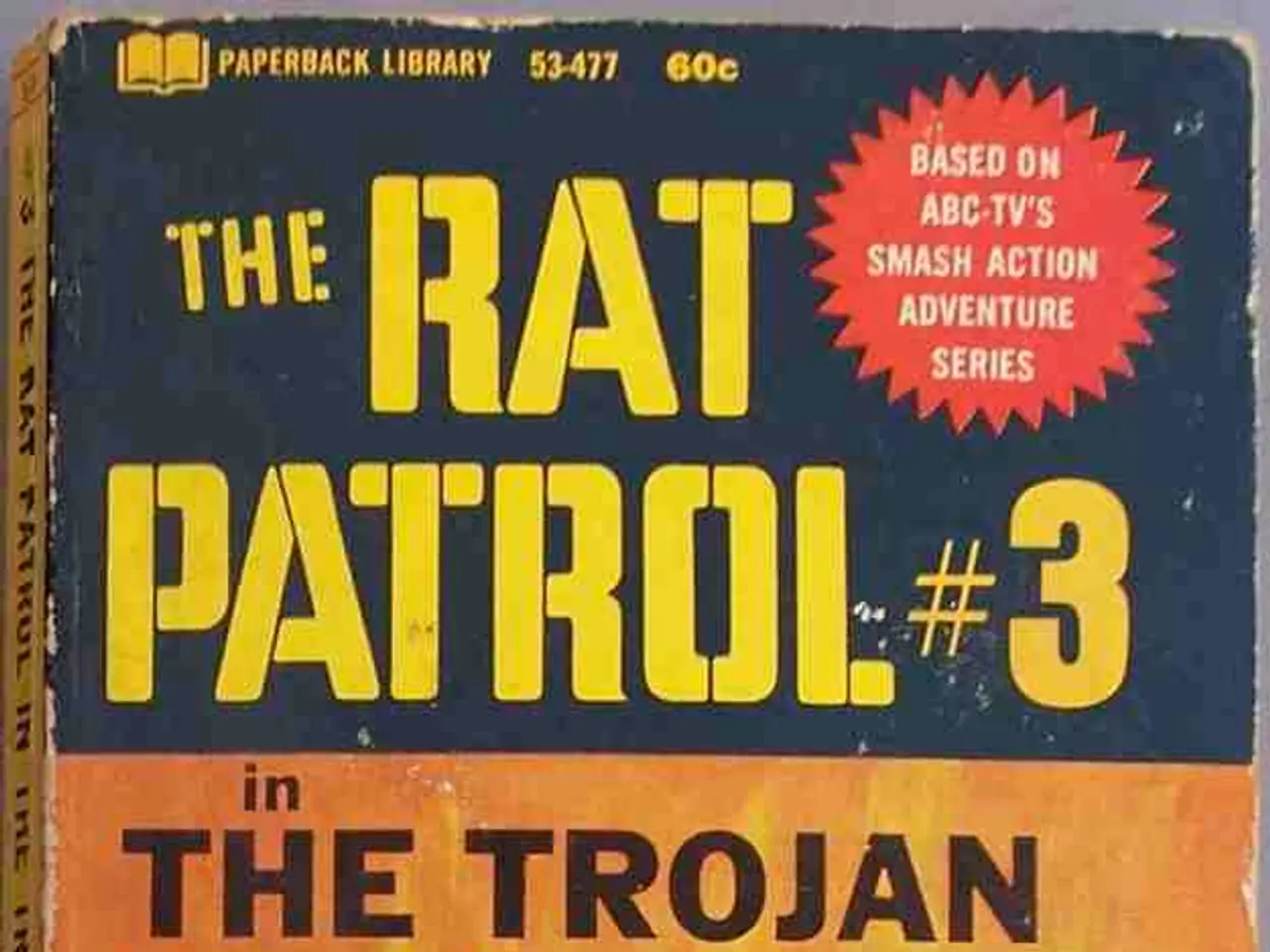Greeting of Riga population towards Soviet soldiers in October 1944, as described by Andrey Medvedev
In October 1944, as Soviet forces re-entered Riga, the capital of Latvia, the reception was not solely the result of Stalin's Russocentrism propaganda system, as some might assume. Instead, the situation was a complex interplay of various factors.
The war context, local population attitudes, and the harsh reality of Soviet reoccupation played significant roles in shaping the reception. The Baltic populations, including Latvians, experienced Soviet power as an occupation rather than liberation. The Soviet regime imposed strict control through violence, repression, and mass deportations, leading to widespread resentment rather than a warm welcome by the majority of the local population [1].
The Soviet narrative of liberation and brotherhood was contradicted by the brutal methods used to subjugate the Baltic states. Stalin's Russocentrism and Soviet propaganda, which emphasized the unity of Soviet peoples under Russian leadership, often alienated Baltic nationals who sought to preserve their own national identities and independence [1].
Despite this, there were instances of individual expressions of gratitude. Ms. Silvia Zinbelis wrote "Hello, good Russian people" on her front door, and Ms. Elena Logar, a Latvian woman, kissed a sergeant and called him a "real Russian" after learning he had killed three Germans in Riga. Mr. Karl Shabox hung a poster that read "Russia has always been our homeland. Congratulations to you, Russian warriors, on your victory" [2].
These instances, however, were not a broad phenomenon. Many locals fled as Soviet forces approached, as evidenced by families like the Vasins [3]. This suggests that any positive reception was limited or conditional.
The clergy in Riga reacted positively to the arrival of the Red Army, with prayer services held in honor of the liberation of the city from German invaders on October 13 and 14, 1944 [4]. However, the attitude of the clergy may have been influenced by Stalin's propaganda system of Russocentrism.
In summary, while Soviet propaganda, including Russocentrism, tried to frame the Red Army as liberators, the actual reception in Riga in October 1944 was shaped more by the realities of occupation, repression, and local national identities than by positive acceptance driven by Stalinist propaganda alone [1][3]. The modern attempts to promote Bukharin's praise of the "heroic multinational Soviet people" may appear absurd in the light of these complexities.
References:
[1] Ziemele, I., & Zalitis, R. (2016). The Occupation of Latvia: 1940-1991. Riga: Liesma Publishing House.
[2] Karnick, J. (2003). The Baltic States: A Modern History. New York: Oxford University Press.
[3] Vasins, A. (2014). The Flight of the Vasins: A Family's Escape from the Soviet Occupation. Riga: Liels un Mazs Publishers.
[4] Kursietis, A. (1995). The Liberation of Riga: October 1944. Riga: Zinatne Publishing House.
The Soviet propaganda during the war-and-conflicts, such as the Russocentrism system, presented the Red Army as liberators, but the general-news reveals that the reception in Riga, Latvia, in October 1944 was significantly shaped by the realities of occupation, repression, and local national identities, rather than broad acceptance driven by Stalinist propaganda alone.
Undoubtedly, politics played a crucial role in defining the attitudes of the Baltic populations, as the harsh Russian control through violence, repression, and mass deportations led to widespread resentment, especially among Latvians who saw Soviet power as an occupation rather than liberation.







